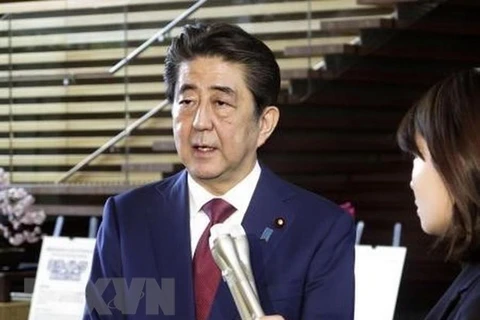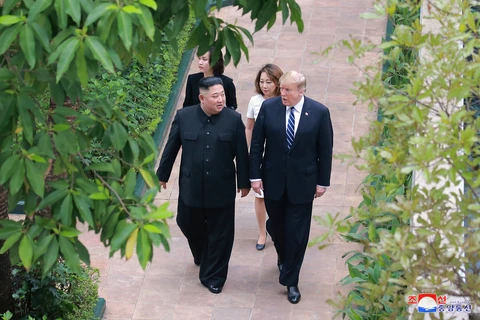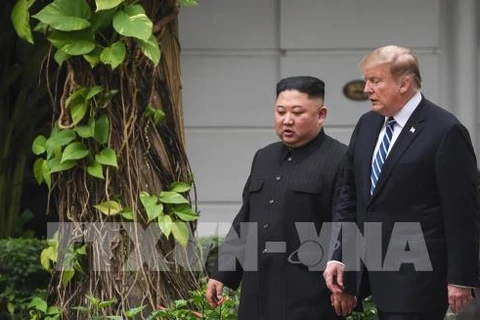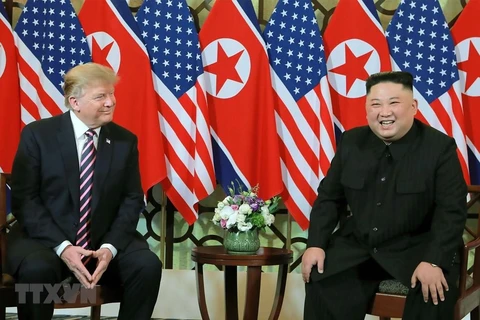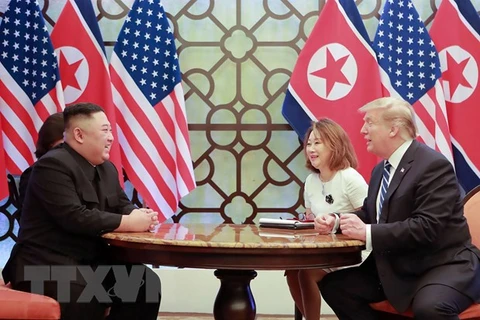Hanoi (VNA) - China has called on the UN Security Council to discuss sanctions relief for the Democratic People’s Republic of Korea (DPRK) after US President Donald Trump and DPRK leader Kim Jong-un ended a summit in Hanoi, Vietnam, on February 28 without a deal.
Both the DPRK and the US note that lifting sanctions is an important part of the denuclearisation process, Chinese foreign ministry spokesman Lu Kang said at a regular press briefing on March 1.
"They should be considered simultaneously and resolved together, I think this is a common denominator that should be seized," Lu said.
Noting the positive developments on the Korean Peninsula, especially the steps taken by the DPRK on denuclearisation, Lu said the UN Security Council should start discussions on the reversible clauses of the resolutions. The council should "adjust the sanctions in accordance with the principle of simultaneous reciprocity," he said.
China is the DPRK's main trade partner and sole major ally. The DPRK’s leader Kim Jong-un met with Chinese President Xi Jinping four times in the past year, most recently in January, and is expected to take the train back across China on March 2 on his way home following his Vietnam visit.
Although there was no joint statement at the Hanoi summit, the DPRK leader recommended the indefinite halt of nuclear and missile tests in exchange for the reduction of economic sanctions from the US. This is a positive outcome of the summit, helping maintain détente on the Korean Peninsula and the region.-VNA
VNA

